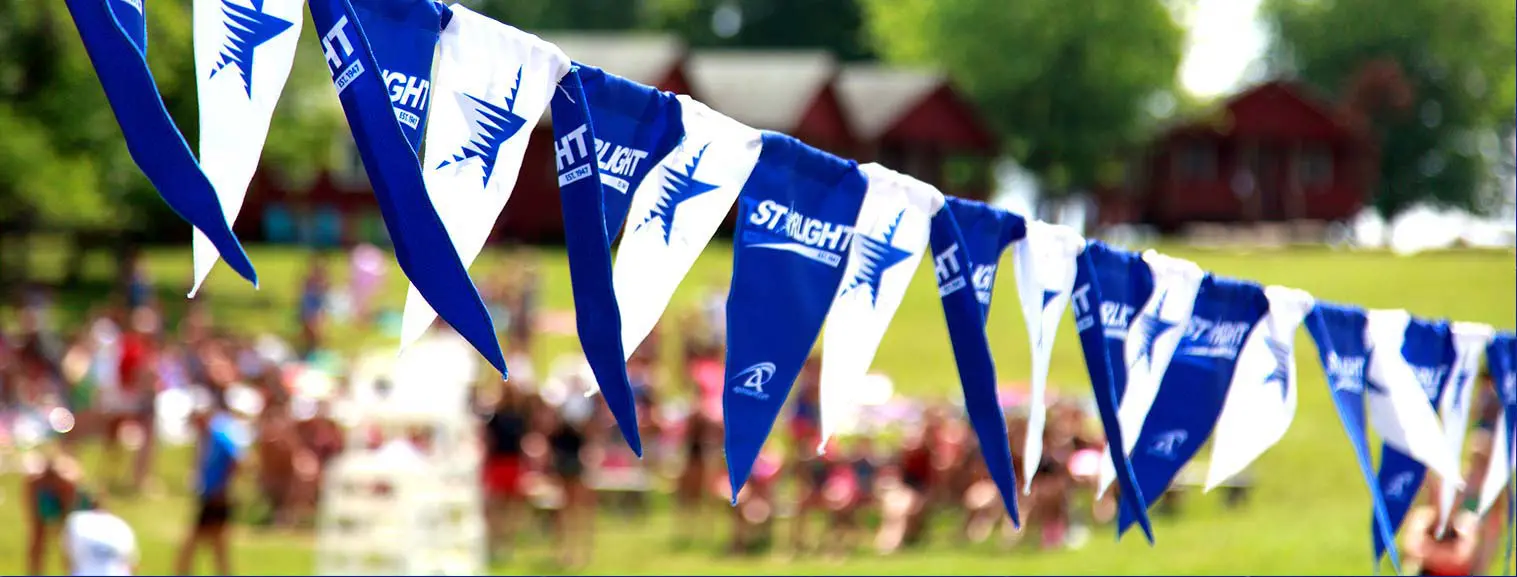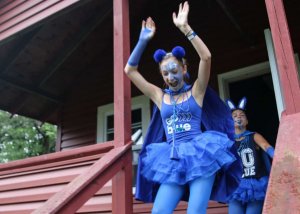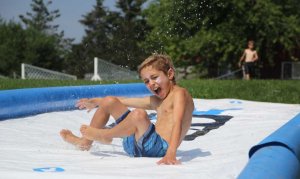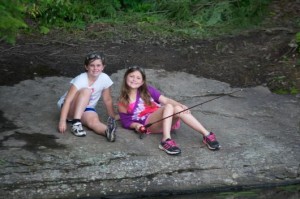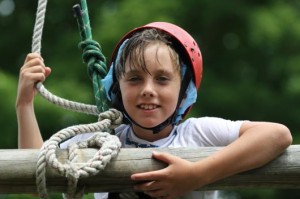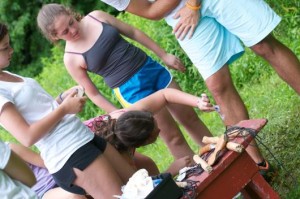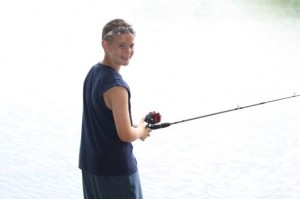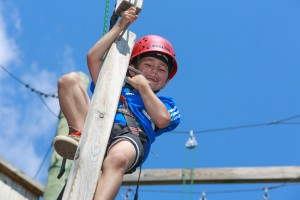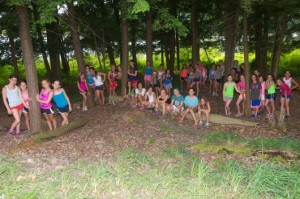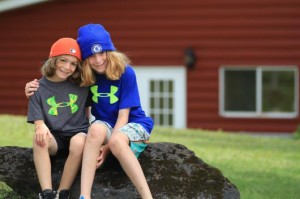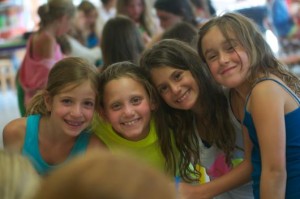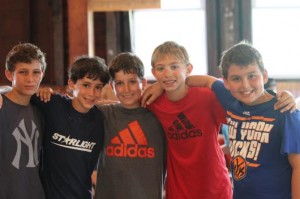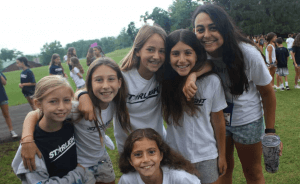
Whether you are a camper, staff member, parent, or alumni, Camp Starlight has an intense impact that can’t be ignored. There is a monumental significance that summer camp provides to a person’s life. An environment is fostered that allows you to become the person you’ve always dreamed of being. Friendships are established, memories are made, and life lessons are learned and carried out for many years to follow. The bottom line is, sleepaway camp provides an overall plethora of love and support for its entire community.
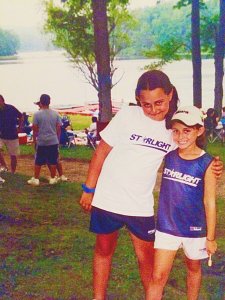
The camp environment facilitates a feeling of love and acceptance that is motivational and highly influential. Once an individual realizes that they are accepted for who they are, his or her potential for growth becomes unlimited. As someone who went to sleepaway camp, I have fortunately experienced this limitless love firsthand. For twelve summers, I have accumulated memories and experiences that are invaluable to me as an individual. The positivity and love that exists around camp is infectious and easily transferrable in all environments.
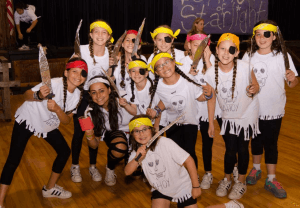
My summer camp career at Starlight began in June 2006. I was a ten year old girl that was extremely shy and often kept to myself. I played a few sports but I never fully embraced my athletic potential and teamwork capabilities. Despite my many fears, I bravely introduced myself to my fellow bunkmates. Within minutes, I felt accepted and loved in my new bunk of eleven girls knowing that we were going to face this new experience of camping together. Throughout the summer, I learned how to work as a team and handle conflict. My confidence and individuality blossomed as I tried new activities and experienced new adventures with my new bunk family cheering me on. My bunkmates and I overcame obstacles together, recognized each other’s strengths and weaknesses, and supported one another each and every day. While some members of my bunk shined on the soccer field and tennis courts, others lived for the chance to perform in the camp play or be featured in a dance number. Despite our preference of activities and different strengths, living together each and every day enabled our limitless love for one another as we cheered each other on and were there for a helping hand. Before I knew it, my first summer came to an end and I began counting down the days until I could return back to my summer home. Throughout the long ten months spent away from camp, I kept in constant contact with my fellow bunkmates and had several reunions. At each reunion, my bunkmates and I picked up right where we left off and continued to make lifelong memories.
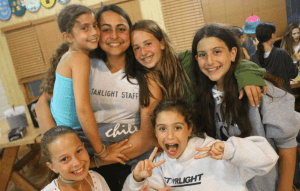
Fast forward six years to 2012 when I became a staff member at Camp Starlight. Although I had been a camper for six years, the butterflies I had in my stomach putting on that staff shirt for the first time brought me back to the same nervous feeling I had when I started my camp career. However, the moment I stepped into my new bunk and met my campers, I was hit a feeling of gratification and excitement. I recognized that I had the power to be a role model for these campers as my past counselors once were to me. I took pride in helping my campers learn their lines for camp plays, rooting them on in each sport they tried, and being there for any assistance that they needed.
The year is now 2017 and I have had the privilege of being a counselor to six unique bunks of girls. Each group provided me with irreplaceable memories. My first campers back in 2012 are now in high school thinking about which colleges they should apply to and learning how to drive a car. I have had the unique opportunity to watch my campers grow as individuals and accomplish several milestones. I look forward to the day each June when my campers from past summers run off the buses, hug me hello, and tell me what their year had in store for them.
Along with the many memories made with campers throughout the past summers at Starlight, I have made new friendships with counselors from around the world. I am in constant contact with counselors from the UK, Australia, and other parts of the United States. These friendships motivated me to travel to Europe this past year where I knew I would have a warm welcome and a place to stay. It’s an indescribable feeling to know that no matter where you go in the world, there will always be someone with an open door waiting to embrace you.

Twelve years have passed since I first began sleepaway camp as an anxious ten-year old girl. Looking back, I have recognized how much my life has been changed from attending summer camp. Thanks to the nurturing and loving environment fostered at Camp Starlight, I have become a more independent and caring adult.
All photos courtesy of Madison Dratch.



